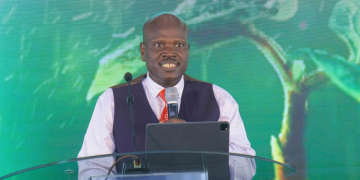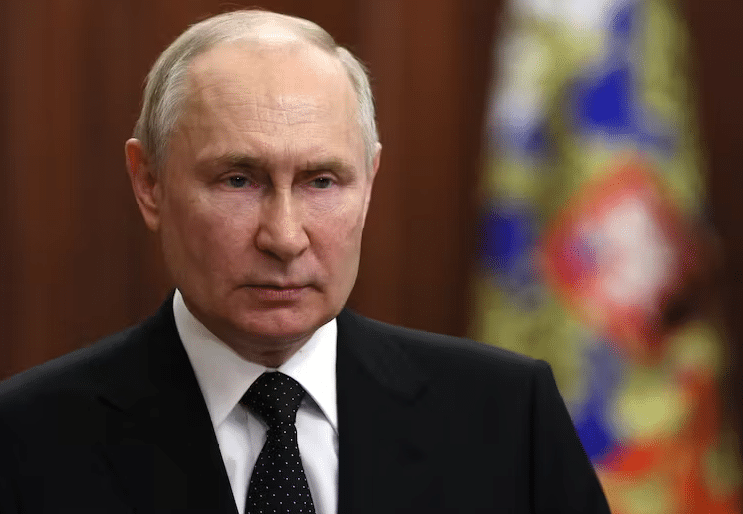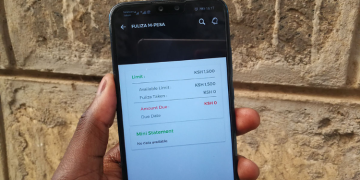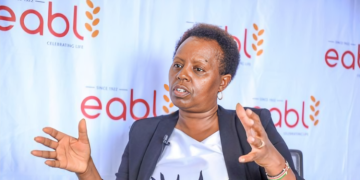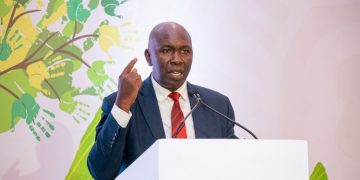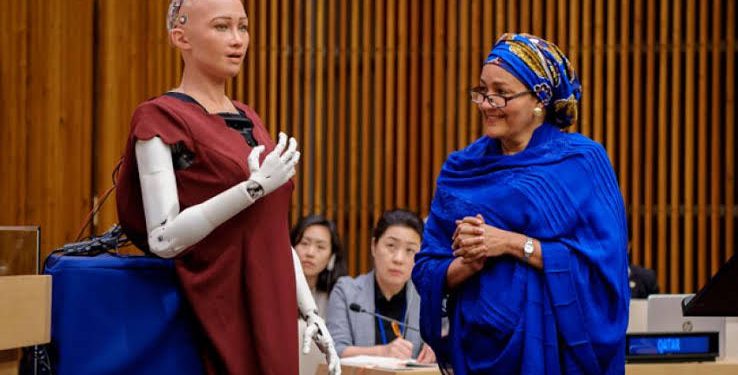Diplomacy once relied on hand-delivered notes, formal summits, and closed-door negotiations. Now, artificial intelligence is quietly transforming that landscape; from predicting possible crises to making decisions itself. This shift isn’t about pointing fingers; it’s about recognizing how global affairs are evolving and why we must come to terms with them.
AI Governors
Firstly, governments and international bodies are increasingly using AI to go through immense volumes of data and generate fast insights. For instance, the European Union’s AI for Diplomacy initiative utilizes algorithms to detect global public sentiment and identify misinformation campaigns.
Also Read: Kenya Among 4 African Countries to Receive Ksh 904 Million Funding from Google
Moreover, digital diplomacy has also included pioneering projects such as Estonia’s “AI Ambassador”, a system designed to answer diplomatic queries and introduce digital aspects of Estonian society to a global audience.
Early Warning Detection
AI is enhancing early warning systems to anticipate conflict before it escalates. The African Union’s Continental Early Warning System (CEWS) now integrates satellite imagery and online data to detect signs of instability across the continent. In nations such as Somalia, AI-powered predictive analytics have been utilized to forecast forced displacement trends. AI is being used not simply to predict future issues, but to solve them before they happen.
Simulated Diplomats
Innovative AI tools are also beginning to model diplomatic scenarios. A notable example is Anadyr Horizon’s “North Star”, an AI platform that simulates world leaders’ behaviors, referred to as “digital twins”, to explore how they may respond to policy shifts like sanctions or no-fly zones, offering insight into potential geopolitical outcomes. Similarly, the UN collaborated with CulturePulse to develop an AI system designed to model ongoing complex geopolitical conflicts, to explore pathways toward resolution.
Simulated Conflicts
As mentioned previously, the African Union’s ICEWS empowers governments to predict geopolitical events by analyzing historical political data, which produces early-warning assessments. Although it has faced significant criticism, it remains indicative of the future role of AI in global affairs.
Separately, pilot projects like one analyzing U.N. General Assembly voting behavior have demonstrated AI’s potential to assume state alignments, predicting which countries might change their position on recurring resolutions with a supposed 60% accuracy.
AI in Multilingual Diplomacy
Language remains one of the great barriers in international cooperation. AI-driven translation tools are beginning to bridge that gap. Real-time translation platforms are now used by international organizations to interpret speeches and translate foreign policy documents. For example, the AI-powered tool FAST has been developed by the UN to generate translations of documents and speeches in up to 6 UN-recognized languages.
AI and Global Governance
AI has progressively become the new oversight for governmental corruption, but it could also perpetuate it. For example, the World Bank’s GRAS system has been used in Brazil to detect corruption risks by analyzing public payroll and procurement data.
Also Read: Microsoft to Lay Off 9,000 Employees to Amid AI Expansion
However, many IGOs see the necessity to regulate AI for corruption, and the EU’s Artificial Intelligence Act in 2024 sets binding transparency standards for high-risk AI systems, establishing a precedent many global bodies are watching closely.
With several AI efforts aiming to combat corruption in governance, many still fear AI could amplify it further.
What the Future Holds
AI isn’t replacing diplomats or dismantling international systems. Rather, it’s becoming an essential tool to make diplomatic resolutions both viable and efficient. These developments offer diplomats and policymakers new capacities to act faster and responsibly. However, we must find the balance in the utilization of AI. If we become over-reliant on it to solve diplomatic conflicts, we risk putting aside human judgment on issues that require both empathy and emotional nuance.
About the Author
This article was written by Liam Sanders, a Bolivian-American high school student passionate about global affairs and theology. He explores how international issues intersect with ethics, culture, and identity.
Follow our WhatsApp Channel and X Account for real-time news updates.




